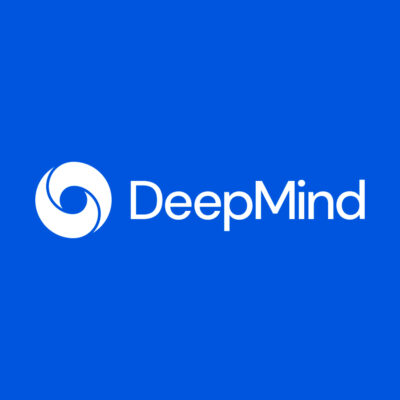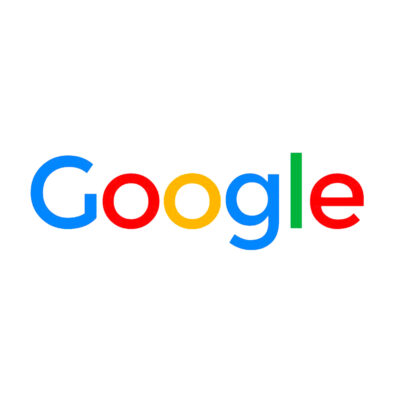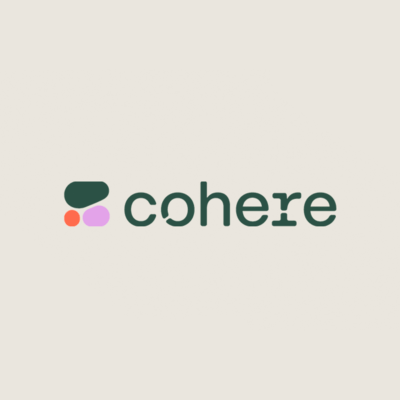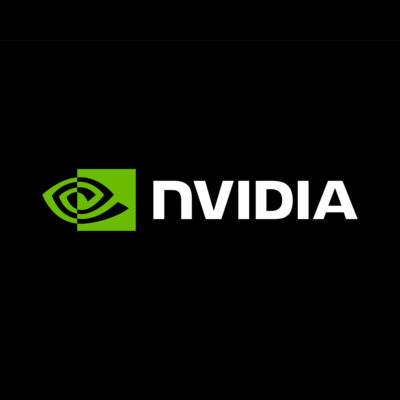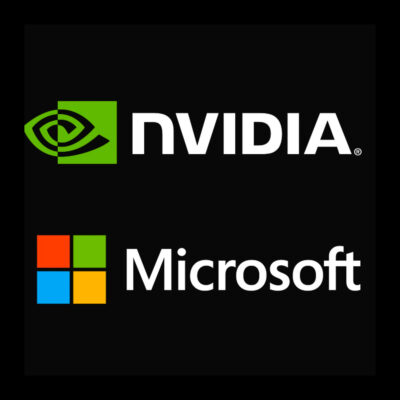Compare Models
-
Microsoft
Azure OpenAI Service
OTHERMicrosoft’s Azure OpenAI Service allows you to take advantage of large-scale, generative AI models with deep understandings of language and code to enable new reasoning and comprehension capabilities for building cutting-edge applications. Apply these coding and language models to a variety of use cases, such as writing assistance, code generation, and reasoning over data. Detect and mitigate harmful use with built-in responsible AI and access enterprise-grade Azure security. GPT-4 is available in preview in the Azure OpenAI Service and the billing for GPT-4 8K and 32K instances per 1/K tokens and can be found under those models on the tokes compare site. To note, Microsoft’s Azure OpenAI Service customers can access GPT-3.5, ChatGPT, and DALL·E too. -
Google
BARD
FREEGoogle’s Bard is now powered by PaLM 2, the new powerful LLM launched in May 2023. PaLM 2 is trained on a massive dataset of text and code. Bard can generate text, translate languages, write different kinds of creative content, and answer your questions in an informative way. Bard is programmed to use the web to find the most recent answers to questions. This means that when you ask Bard a question, it will not only use its knowledge of the world to answer your question, but it will also use the internet to find the most recent information on the topic. This allows Bard to provide you with the most accurate and up-to-date information possible (very cool).The exact billing structure for Bard is still under development (it is free to try at the moment) but you will likely be able to purchase tokens in bulk at a discounted price. According to Google, you may also be able to use tokens you have earned through other means, such as completing surveys or participating in beta testing programs. -
Microsoft
Bing Search APIs
OTHERMicrosoft’s Bing AI search engine is powered by GPT-4. Microsoft claims the new model is faster and more accurate than ever. Bing Search APIs provide a variety of APIs with trained models for your use. The Bing Search APIs add intelligent search to your app, combining hundreds of billions of webpages, images, videos, and news to provide relevant results without ads. The results can be automatically customized to your user’s locations or markets, increasing relevancy by staying local. There are various prices for Bing Search APIs which are dependent on the feature. For customers who are interested in more flexible terms related to presenting Bing API results with their models check out the website for prices per 1,000 transactions. -
Deepmind
Chinchilla AI
OTHERGoogle’s DeepMind Chinchilla AI is still in the testing phase. Once released, Chinchilla AI will be useful for developing various artificial intelligence tools, such as chatbots, virtual assistants, and predictive models. It functions in a manner analogous to that of other large language models such as GPT-3 (175B parameters), Jurassic-1 (178B parameters), Gopher (280B parameters), and Megatron-Turing NLG (300B parameters) but because Chinchilla is smaller (70B parameters), inference and fine-tuning costs less, easing the use of these models for smaller companies or universities that may not have the budget or hardware to run larger models.
-
Google
Cloud Platform
OTHERGoogle Cloud Platform (GCP) is a cloud computing service that includes innovative AI and machine learning products, solutions, and services. Google AI Studio is a low-code development environment that makes it easy to build and deploy applications and has a variety of features, such as pre-trained models that can be used to get started quickly, a unified experience for managing the entire ML lifecycle, from data preparation to model deployment, and a variety of tools for monitoring the performance of ML models in production. Vertex AI can be used to train and deploy models, and GCP also offers a variety of data storage services, including Cloud Storage, which can be used to store large datasets. -
Google
code chat (codechat-bison)
$0.002Based on Google’s PaLM 2 large language model, the company specifically trained Codey APIs to handle coding-related prompts, but it also trained the model to handle queries related to Google Cloud.
The code chat API can power a chatbot that assists with code-related questions. For example, you can use it for help debugging code. The code chat API supports the code-chat-bison model.
The Codey APIs support a wide range of programming languages, including C++, C#, Go, GoogleSQL, Java, JavaScript, Kotlin, PHP, Python, Ruby, Rust, Scala, Swift, and TypeScript. You can run with the API and in Generative AI Studio.
Some common use cases for code chat include debugging, where it assists with issues related to code that doesn’t compile or contains a bug; documentation, where it aids in understanding unfamiliar code to ensure accurate representation; and learning, as it provides help in comprehending code that you might not be very familiar with.
Note: We have converted characters to tokens for the prices (based on the approximation of 4 characters per 1 token).
-
Google
code completion (code-gecko)
$0.002Based on Google’s PaLM 2 large language model, the company specifically trained Codey APIs to handle coding-related prompts, but it also trained the model to handle queries related to Google Cloud. The code completion API provides code autocompletion suggestions as you write code. The API uses the context of the code you’re writing to make its suggestions.
The code completion API supports the code-gecko model. Use the code-gecko model to help improve the speed and accuracy of writing code. The Codey APIs support a wide range of programming languages including C++, C#, Go, GoogleSQL, Java, JavaScript, Kotlin, PHP, Python, Ruby, Rust, Scala, Swift, and TypeScript. You can run with the API and in Generative AI Studio. Some common use cases for code completion include writing code faster, where the code-gecko model is employed to expedite the coding process by leveraging suggested code; and minimizing bugs in code, by utilizing code suggestions that are known to be syntactically correct to circumvent errors, thus reducing the risk of inadvertently introducing bugs that can arise during code creation.
Note: We have converted characters to tokens for the prices (based on the approximation of 4 characters per 1 token).
-
Google
code generation (code-bison)
$0.002Based on Google’s PaLM 2 large language model, the company specifically trained Codey APIs to handle coding-related prompts, but it also trained the model to handle queries related to Google Cloud.
code generation (code-bison) generates code based on a natural language description of the desired code. For example, it can generate a unit test for a function. The code generation API supports the code-bison model. The Codey APIs support a wide range of programming languages, including C++, C#, Go, GoogleSQL, Java, JavaScript, Kotlin, PHP, Python, Ruby, Rust, Scala, Swift, and TypeScript. You can run with the API and in Generative AI Studio.
Some common use cases for code generation include creating unit tests, where you can design a prompt to request a unit test for a specific function; writing a function, which involves passing a problem to the model and receiving a function that solves the problem; and creating a class, where you can use a prompt to describe the purpose of a class and have the code defining that class returned to you.
Note: We have converted characters to tokens for the prices (based on the approximation of 4 characters per 1 token).
-
Cohere
Generate
$0.015Cohere is a Canadian startup that provides high-performance and secure LLMs for the enterprise. Their models work on public, private, or hybrid clouds.Cohere Generate can be used for tasks such as copywriting, named entity recognition, paraphrasing, and summarization. It can be particularly useful for automating time-consuming and repetitive copywriting tasks and re-wording text to suit a specific reader or context.Cohere Generate is available as an API that can be integrated into various libraries using Python, Node, or Go software development kits (SDKs).We have shown the price of the Cohere Generate Default version, but a Cohere Generate Custom model is available but is double the price (0.030 per 1/k tokens). However, custom models can lead to some of the best-performing NLP models for many tasks. -
Google
LaMDA
OTHERLaMDA stands for Language Model for Dialogue Application. It is a conversational Large Language Model (LLM) built by Google as an underlying technology to power dialogue-based applications that can generate natural-sounding human language. LaMDA is built by fine-tuning a family of Transformer-based neural language models specialized for dialog and teaching the models to leverage external knowledge sources. The potential use cases for LaMDA are diverse, ranging from customer service and chatbots to personal assistants and beyond. LaMDA is not open source; currently, there are no APIs or downloads. However, Google is working on making LaMDA more accessible to researchers and developers. In the future, it is likely that LaMDA will be released as an open source project, and that APIs and downloads will be made available. -
NVIDIA
LaunchPad
FREENVIDIA LaunchPad provides free access to enterprise NVIDIA hardware and software through an internet browser. NVIDIA customers can experience the power of AI with end-to-end solutions through guided hands-on labs or use NVIDIA-Certified Systems as a sandbox, but you need to fill out an Application Form and wait for approval. Sample labs include training and deploying a support chatbot, deploying an end-to-end AI workload, configuring and deploying a language model on the hardware accelerator, and deploying a fraud detection model.*FREE via Application Form -
Microsoft, NVIDIA
MT-NLG
OTHERMT-NLG (Megatron-Turing Natural Language Generation) uses the architecture of the transformer-based Megatron to generate coherent and contextually relevant text for a range of tasks, including completion prediction, reading comprehension, commonsense reasoning, natural language inferences, and word sense disambiguation. MT-NLG is the successor to Microsoft Turing NLG 17B and NVIDIA Megatron-LM 8.3B. The MT-NLG model is three times larger than GPT-3 (530B vs 175B). Following the original Megatron work, NVIDIA and Microsoft trained the model on over 4,000 GPUs. NVIDIA has announced an Early Access program for its managed API service to the MT-NLG model for organizations and researchers.



